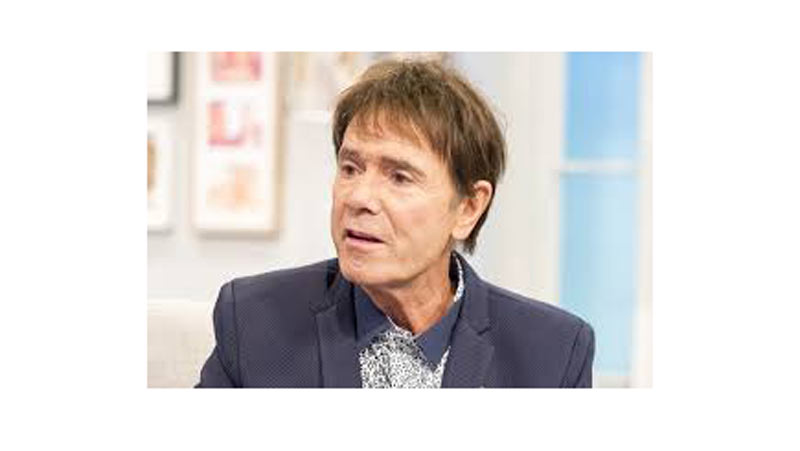×
The Standard e-Paper
Kenya’s Boldest Voice

In 2014, music legend Sir Cliff Richard’s home was raided by British police as they investigated child sexual abuse allegations against him.
The BBC, tipped by the Yorkshire police, arrived in style, complete with a hovering helicopter to cover the raid.